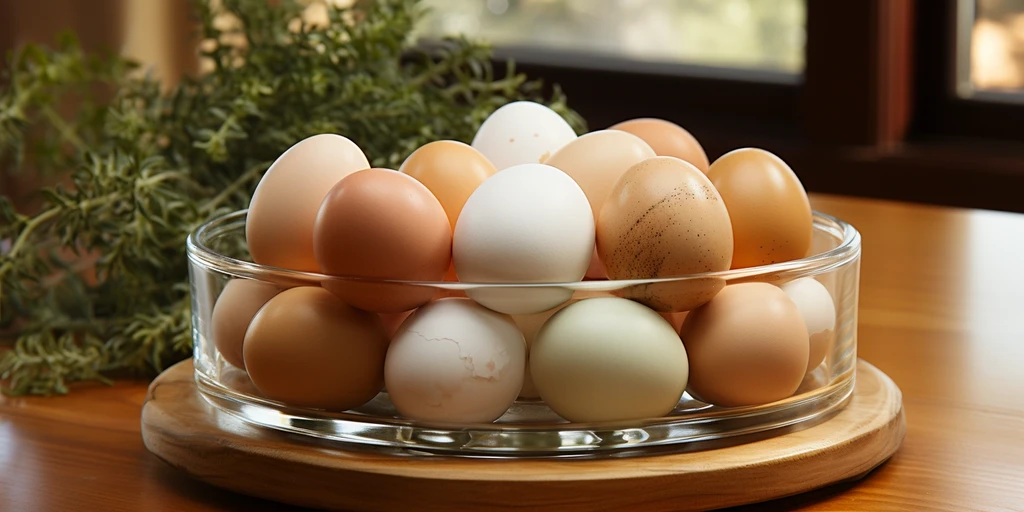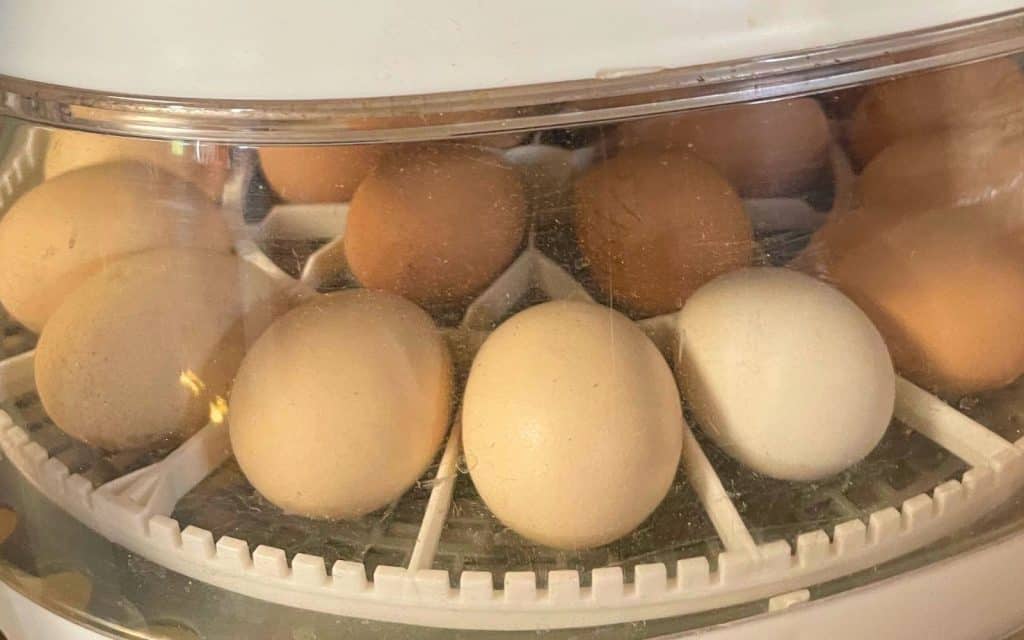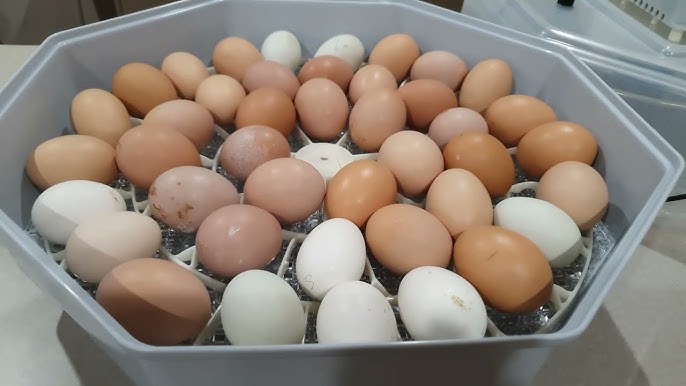The process of hatching eggs in an incubator is both an art and a science. If you’ve ever asked yourself why eggs don’t hatch in incubator, you’re not alone. Many poultry enthusiasts face challenges when trying to incubate eggs successfully. Understanding these hurdles is the first step toward ensuring a high hatch rate.

Understanding the Basics of Egg Incubation
Before delving into the reasons why eggs don’t hatch in incubator, it’s essential to grasp the basics of egg incubation. The process involves carefully controlling temperature, humidity, and ventilation to mimic the natural environment a hen would provide.
The Role of Temperature in Incubation
Temperature is crucial in the incubation process. Eggs require a consistent temperature, typically around 99.5F (37.5C), to develop correctly. Deviations can lead to poor hatch rates.
Humidity Levels and Their Impact
Humidity is another vital factor. It helps maintain the moisture level within the eggs, which is necessary for the embryo’s development. Too little humidity can cause the egg to dry out, while too much can drown the embryo.
Common Reasons Eggs Fail to Hatch
Now that we understand the basics, let’s explore some common reasons why eggs don’t hatch in incubator:
Improper Temperature Control
One of the primary reasons eggs fail to hatch is improper temperature control. Fluctuating temperatures can disrupt embryo development, leading to failed hatches.
Inadequate Humidity Levels
As mentioned earlier, humidity plays a critical role. It’s essential to monitor and adjust humidity levels regularly to ensure the eggs develop correctly.
Egg Fertility Issues
Not all eggs are fertile. It’s crucial to check for fertility before incubating. Infertile eggs won’t develop into chicks, regardless of the incubator’s conditions.
Improper Egg Handling
Rough handling or improper storage of eggs before incubation can damage the embryos. Always handle eggs with care and store them in a cool, stable environment.
Optimizing Your Incubation Process
To improve your hatch rates, consider these tips:
Regular Monitoring and Adjustments
Consistently monitor temperature and humidity levels. Make adjustments as needed to maintain the ideal conditions for embryo development.
Use of a Reliable Incubator
Invest in a quality incubator that provides precise temperature and humidity controls. This investment can make a significant difference in your hatch success.
Understanding Egg Fertility
Before incubating, check for egg fertility by candling. This process allows you to see inside the egg and determine if an embryo is developing.
Proper Egg Handling Techniques
Handle eggs gently and store them in a clean, cool environment before incubation. This practice can prevent damage to the embryos.
Learning from Experience
Incubating eggs is a learning process. Each batch of eggs provides an opportunity to refine your techniques and improve your hatch rates. Don’t be discouraged by initial setbacks.
Seeking Expert Advice
If you’re facing challenges, consider seeking advice from experienced poultry farmers. They can offer valuable insights and tips to improve your incubation process.
Using Online Resources
There are numerous online resources available, such as Dalton Supplies, that provide detailed guides on egg incubation. These resources can be invaluable in your journey to successful hatches.
Conclusion: Achieving Successful Hatches
Understanding why eggs don’t hatch in incubator is the first step in overcoming incubation challenges. By paying close attention to temperature, humidity, egg fertility, and handling techniques, you can improve your hatch rates significantly. Remember, patience and practice are key to mastering the art of egg incubation.

FAQs
Can I use a homemade incubator for hatching eggs?
Yes, homemade incubators can work if they maintain consistent temperature and humidity levels. However, they may require more monitoring.
How often should I turn the eggs during incubation?
Eggs should be turned at least three times a day to prevent the embryo from sticking to the shell.
What should I do if I notice mold on the eggs?
If you notice mold, remove the affected eggs immediately to prevent contamination of healthy eggs.
This article contains affiliate links. We may earn a commission at no extra cost to you.











